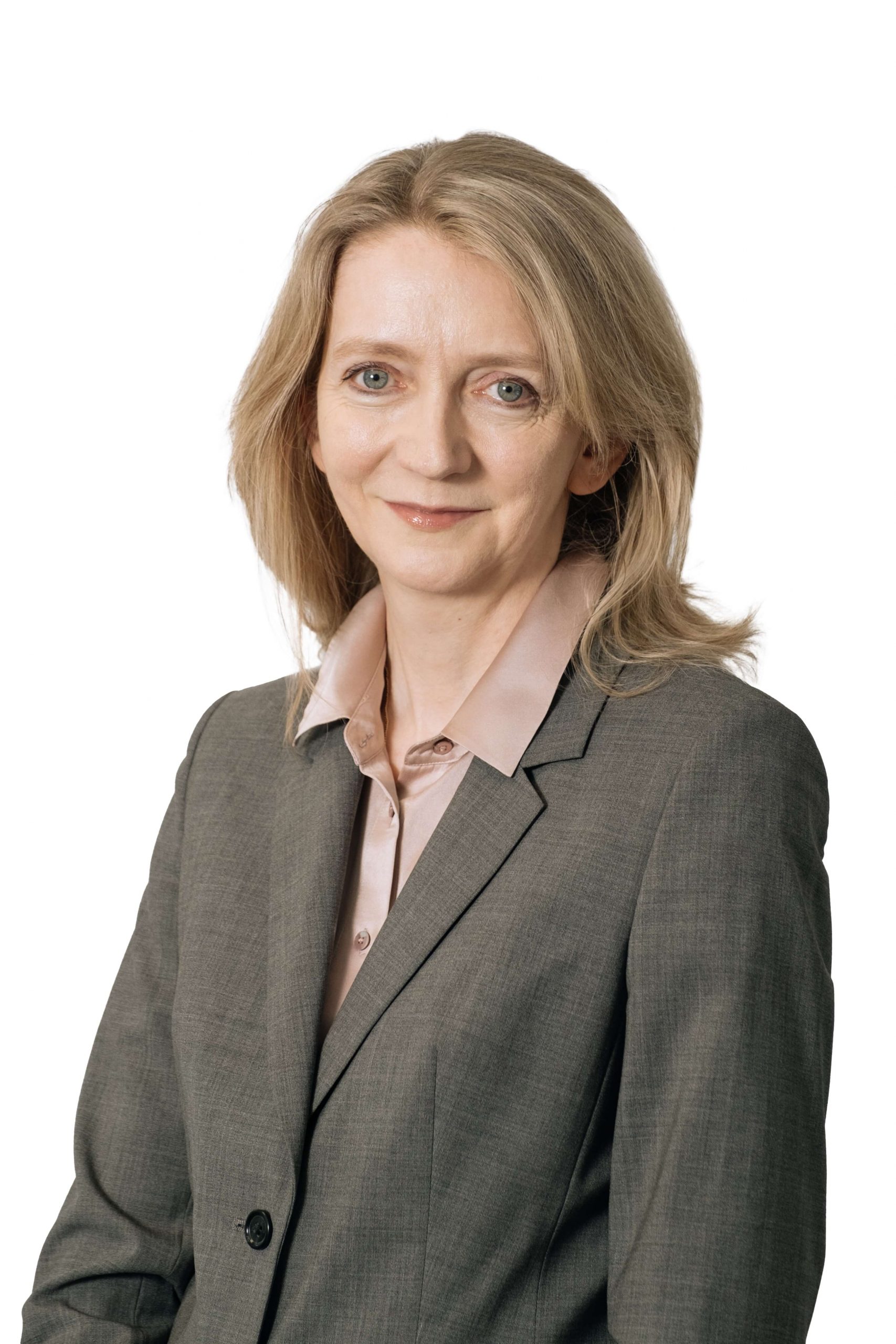A few days ago, President Biden, announced two Presidential directives advancing quantum technologies.
This paper highlights the ongoing concern that quantum computers are predicted to break current gold standard encryption protocols and the goal of moving to quantum resistant cryptographic standards. Cryptographic protocols which are quantum resistant include protocols based on quantum key distribution and there are also some new classical encryption protocols being developed to be resistant to breaking by quantum computers. Quantum key distribution (QKD) has also been in the news in the last few weeks in Europe with Toshiba and BT trialling the first commercial quantum secured network. In the trial, EY will connect two of its London sites using a QKD network.
With quantum communication and encryption establishing themselves as viable commercial communication technologies, quantum companies will need to look at how patenting in the classical telecoms industry has developed.
In telecoms, Standard Essential Patents (SEPs) have become a necessary part of business.
As new communication technologies develop and become established, technical standards are formed to allow other devices and methods to use the technology. SEPs are patents that must be used if someone wishes to produce a device or has designed a method which is compatible with the standard. The standards are often developed long before the technology comes to market. For example, in the field of telecoms, 5G telephones started to become available in mid-2019, but work started in the 5G standard back in 2008. Already the race is on to develop the 6G standard.
Unsurprisingly, work has already started to develop the quantum standards of the future. The International Telecommunication Union (ITU) which is the United Nations specialised agency for information and communication technologies held a workshop in 2021 to discuss standardisation in the three quantum technologies: quantum communication, quantum computation and quantum measurement.
If a company has developed technology which it believes is essential to the standard then it can apply to have the patent considered to be essential to the standard.
Each standard will have a detailed specification which is usually 100s of pages long. If a patent application which predates a standard is found to fall within the standard, i.e. someone could not use the standard without infringing the patent, then the patent is essential to the standard. The companies that work together to establish the standard have a lot of control over what goes into the standard and thus whether their patents will be SEPs.
For telecoms standards, the process for declaring a patent to be essential to a standard is dependent on the organisation managing the standard. Some just require the patentee themselves to declare that the patent is essential to the standard, other organisations will use a third party to analyse the patent to see if it is essential. Once a patent is deemed to be essential, royalties can be obtained by the patentee from those who wish to use the standard. The royalties are typically determined on so called FRAND (fair, reasonable and non-discriminatory) terms.
So to answer the question posed in the heading, as standards are being developed for quantum technologies, SEPs for quantum technologies are likely to arrive soon!


